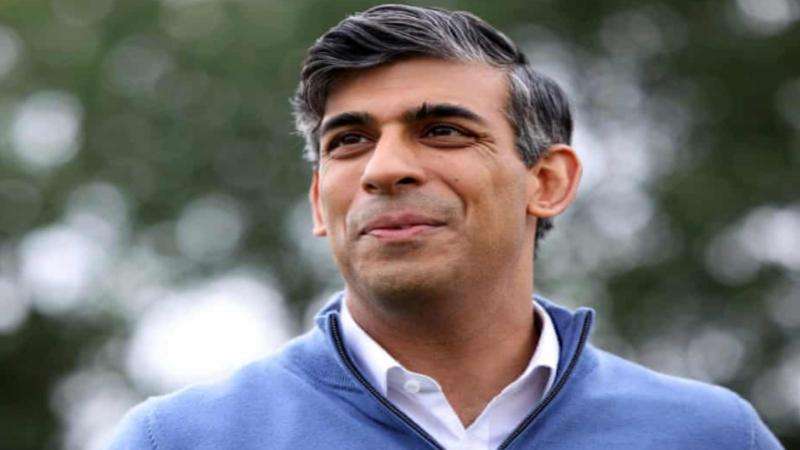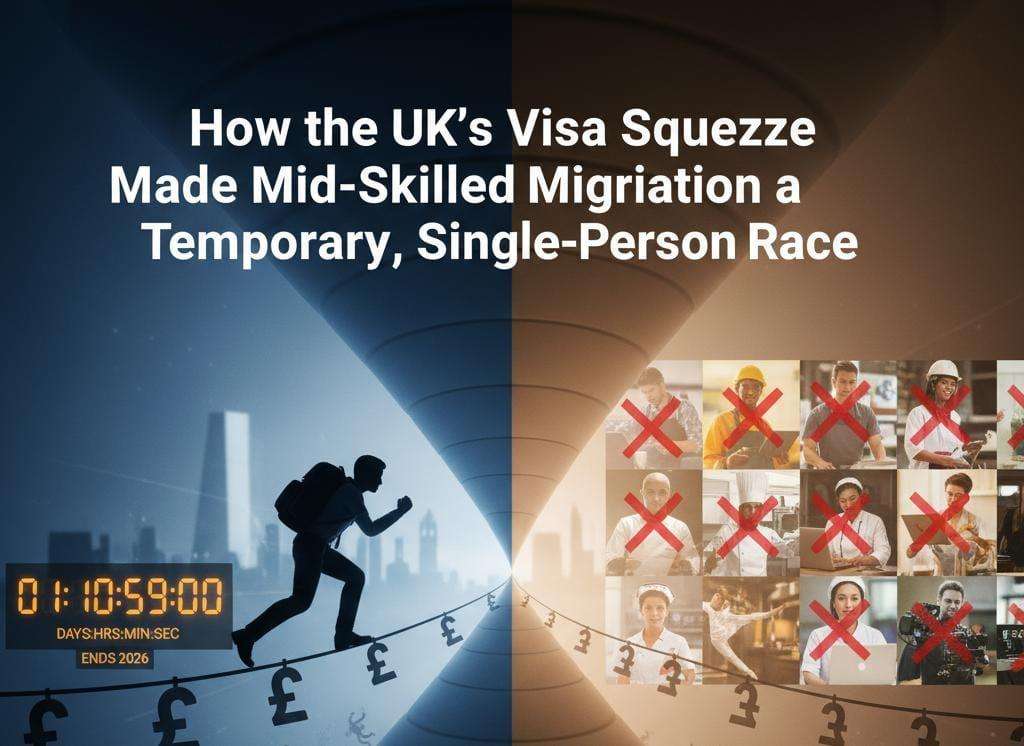Sir Keir Starmer has met with the creator of India’s national ID system as he looks to expand his plans for a UK-wide digital identification programme. The Prime Minister, who announced in September that a mandatory digital ID for workers would launch in 2029 to help curb illegal migration, has now hinted at going further—towards a voluntary national ID system that could simplify access to public services like benefits and bill payments.
Under the original proposal, photo IDs would be stored on smartphones, similar to digital bank cards, containing key personal details such as name, nationality, date of birth, and residency status.
However, since unveiling the plan, Sir Keir has faced mounting criticism and a sharp decline in public support for the scheme. During his trade mission to Mumbai, he met with Nandan Nilekani, the co-founder of Indian tech giant Infosys and one of the architects behind Aadhaar—India’s massive biometric ID system covering nearly the entire population.
Though Aadhaar is technically voluntary, critics have argued that people without it often struggle to access essential services and benefits, while others have raised concerns about data privacy and security.
Before his meeting, Sir Keir reiterated that the UK’s mandatory ID plans were “really important” for addressing illegal migration but suggested broader benefits could come from a voluntary version:
“It could make life easier for everyday tasks—like proving your identity for school applications or service access—without hunting for multiple documents,” he said.
A Downing Street spokesperson described the meeting as an opportunity for Sir Keir to learn how India’s system has supported welfare management and public-private integration. They clarified, however, that any UK version would remain under public sector control and would not directly replicate India’s use of biometric data, as the two systems are “not directly comparable.”
The spokesperson also defended the policy amid widespread backlash, noting that public resistance is to be expected when introducing “radical and ambitious reforms,” after more than 2.8 million people signed a petition opposing the proposal.
Read more: UK Digital Card to Link Your Tax, Benefits, and Overseas Life








.svg)


